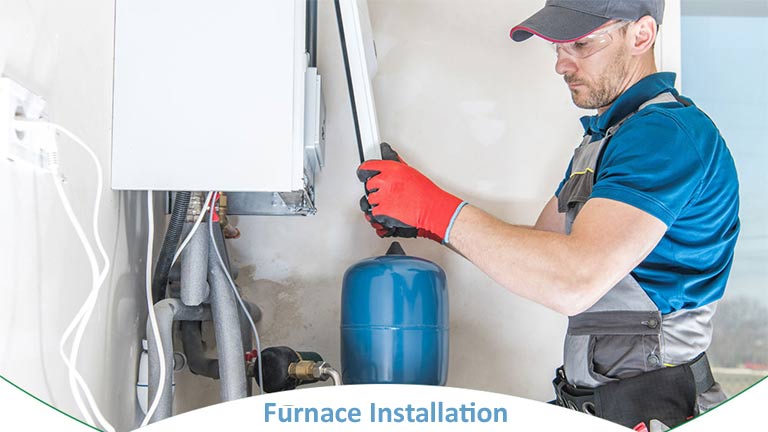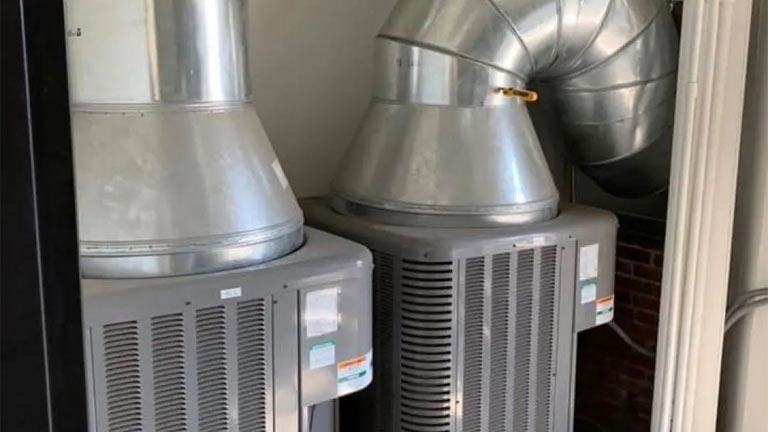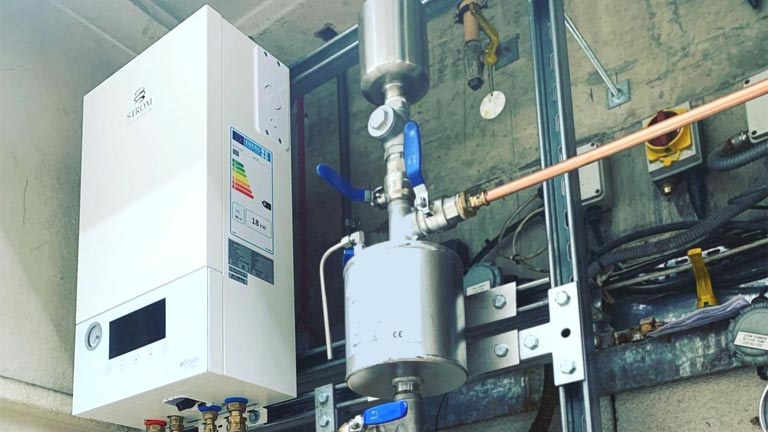
If you’re looking for an air conditioner for your home, there are many factors to consider. First, you’ll want to understand the differences between a gas furnace and an electric AC unit. Second, you’ll need to decide whether you’re interested in a variable-speed air conditioner, which offers the highest quality, control, and energy efficiency. Finally, you’ll need to factor in the cost of installing ductwork while considering potential future costs for air conditioning repair.
Ductwork installation costs more
The cost of installing ductwork in a home varies depending on a variety of factors. One of the main factors is the size of the house. Smaller homes need fewer ducts and therefore are less expensive. On the other hand, larger homes are more costly.
There are many types of ducts available, and they can be made of a number of different materials. These include galvanized steel, sheet metal, fiberglass, and flexible polyester. Choosing the right material can have a big impact on the overall price of the project.
Ductwork installation is a labor-intensive job that requires the help of a professional. However, it is often difficult to estimate how much it will cost.
Most homeowners do not want to take the risk of a poorly planned or improperly installed duct. This can lead to higher energy costs, discomfort, and increased noise levels.
Ducts can be located in attics, crawl spaces, and closets. They can also be placed in tight spaces like under a staircase. Some ducts are even made of non-metallic materials, but they may not be the best choice for exposed locations.
For a typical home, you will need approximately 150 linear feet of ductwork. To install this amount of ductwork, you will need to spend $3500 to $7000.
The cost of a new HVAC system is normally between $7,500 and $12,500. This includes the labor and materials for installing a central air conditioning system. The cost of a ductwork system varies widely from zip code to zip code, so you should get multiple quotes before settling on a price.
Variable-speed air conditioners deliver the highest air quality, control, and energy efficiency
If you are looking for the highest quality, control, and energy efficiency for your home, variable-speed air conditioners may be the right choice for you. These are often more expensive than other units, but they also deliver the best air quality and temperature control.
Unlike a standard air conditioner, which runs at a certain speed, a variable speed air conditioner runs at a low speed and can adjust its output in small increments. This is ideal for homes with high ceilings, and many rooms, or for homeowners who are concerned about artwork.
Variable speed air conditioners can save you up to 50% on your electric bill. Because these units can hold the indoor temperature within a half degree of the set temperature, they can help protect your artwork and keep your house cool during the summer.
They are paired with a variable speed air handler that removes moisture from the air. In addition, variable speed air conditioners offer better climate control, as they can adjust the humidity level to your liking.
There are several manufacturers that make variable capacity air conditioners. Goodman Manufacturing and Daikin Group are among the largest producers of HVAC systems. The Carrier company makes a wide range of products, but its main focus is on air conditioning.
If you want a reliable central air conditioning system, Trane is a good brand to consider. It offers the most energy-efficient models and has the industry’s most advanced automation hub. With a ComfortLink(tm) II, you can control your central air unit with a computer or smartphone. You can save up to $200 over the life of the system by using a more energy-efficient model.
Electric AC unit vs gas furnace vs electric AC unit
When it comes to choosing the best cooling solution for your buck, it pays to have a few cool options sloshing about your living room. The best and cheapest way to go about this endeavor is to shop around and use the services of a vetted HVAC contractor. Fortunately, most cities have one or two onsite and one-off specialists who will walk you through the kinks and help you find a cooling solution that will have your snorting neighbors in awe. Aside from a good ol’ fashion sales pitch, they’ll also be able to advise you on which ac units are worth the extra coin of the piss. To make sure you aren’t left out in the cold, be sure to ask for a written contract and get in on the sweet deals. Getting your ac replaced is no fun, but with these slick service providers, the process will be a breeze. Of course, your ac may not last long if you don’t have a plan to keep it up, which is why it’s important to get a yearly air conditioning repair and maintenance schedule on hand before ac hell breaks loose. This will allow you to make sure your system is up to par in no time flat.
BTU stands for British Thermal Units
A British thermal unit (BTU) is a unit of energy. It is the amount of thermal energy required to raise or lower the temperature of one pound of water by one degree Fahrenheit. This measurement is used to measure the efficiency of heating and cooling appliances.
The BTU is an excellent unit for measuring the power of a number of household appliances, including air conditioners and heat pumps. These appliances are able to help you determine whether or not your air conditioning system needs to be replaced.
In general, an air conditioner for a 2000-square-foot home will require about 28,000 BTUs. However, this number can vary based on several factors. For example, your climate and the layout of your home can affect the number of BTUs you need to run your AC.
When looking at your budget, you may want to consider purchasing an air conditioner with a high BTU rating. But, it is important to keep in mind that you will not be able to fully cool your home with a low-BTU model. You may find yourself constantly dealing with the problem of uneven temperatures in your home.
To get the right amount of BTUs, use a professional to calculate your building’s needs. They will take into account the size, layout, and a number of windows. Also, they will be able to account for the size of the doorways, ceiling height, and other factors that may affect your cooling capacity.
Having a home that is well insulated can reduce the number of BTUs you will need to run your air conditioner. On the other hand, a home that has a large number of windows may need more BTUs. Using a fan can also help to spread out the heat and cold in your home.




